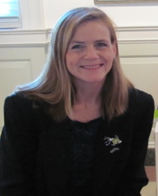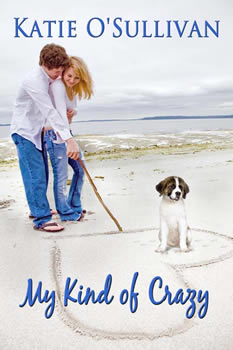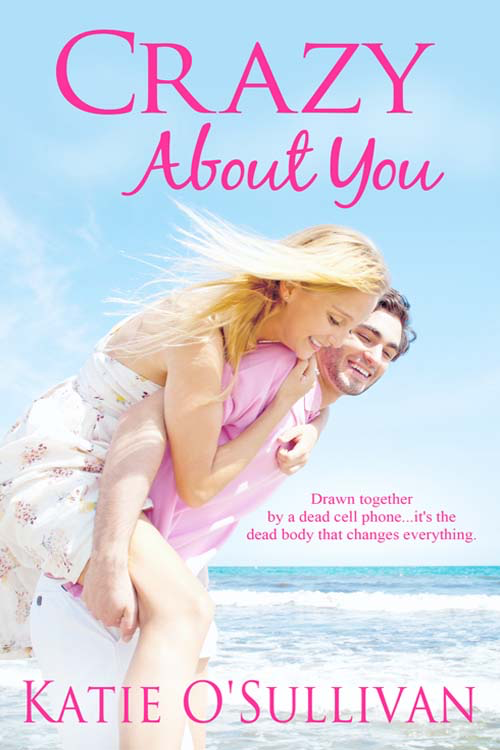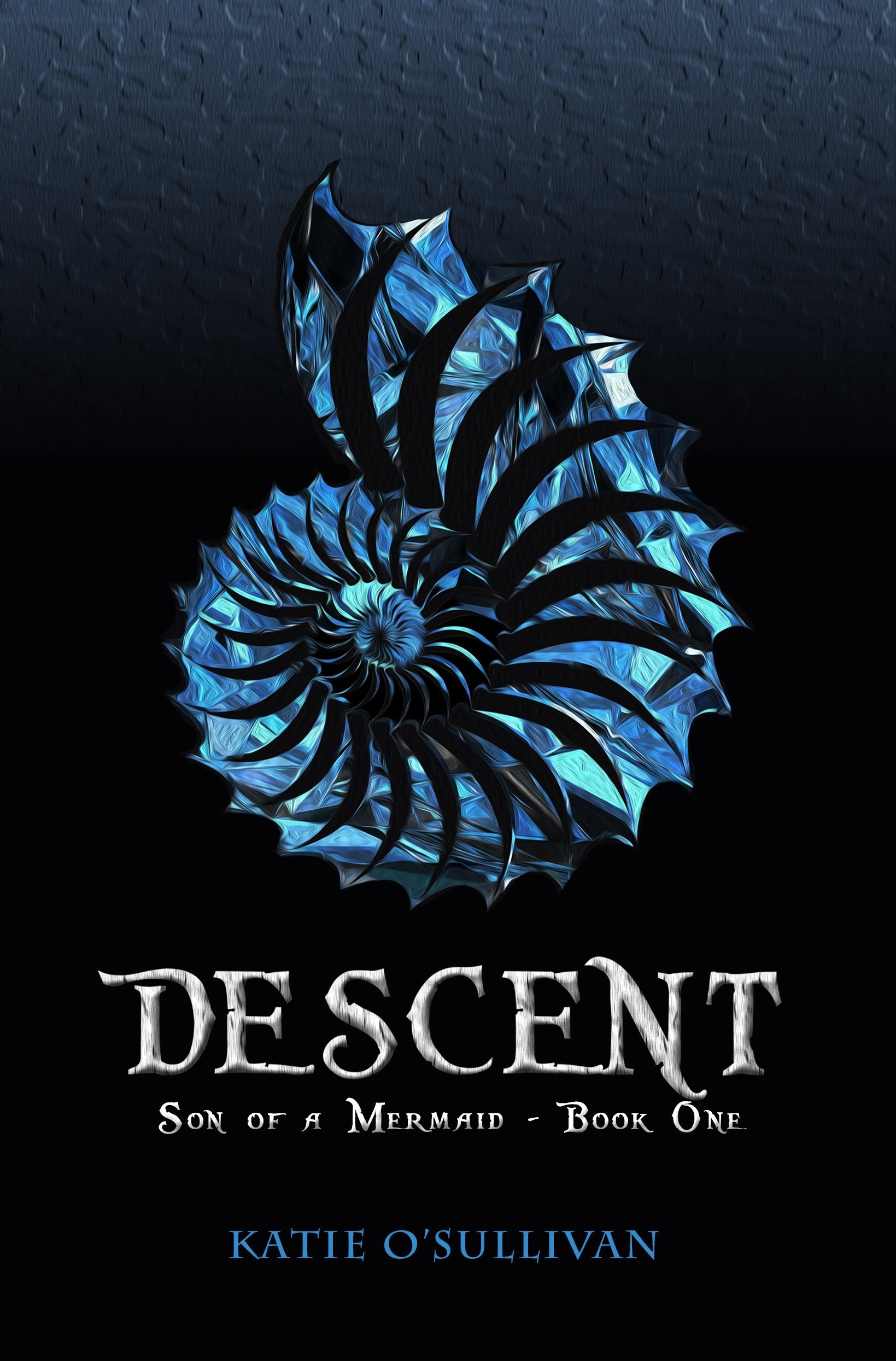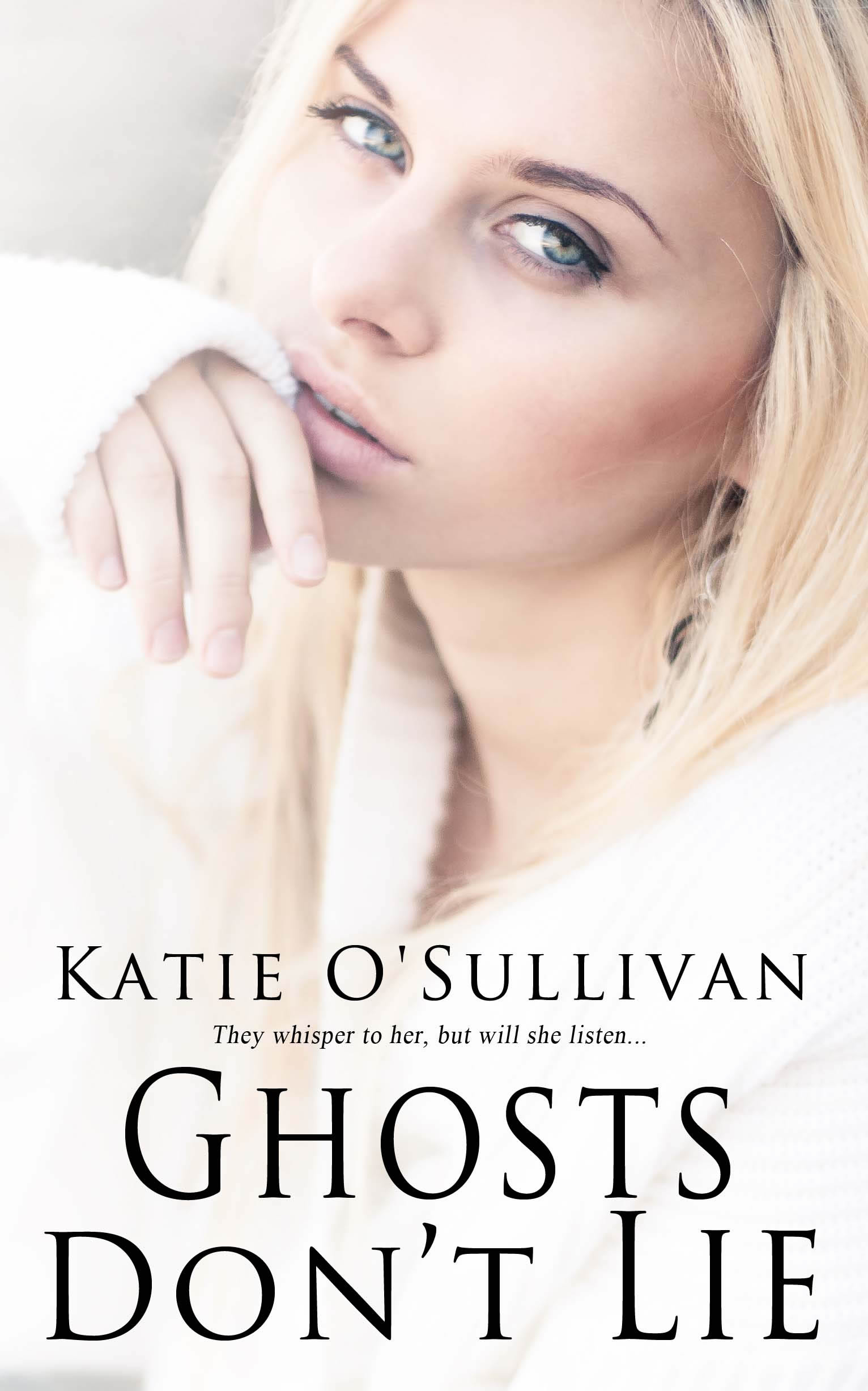In her column The Write Way, author Katie O’Sullivan discusses the not-so-simple world of writing, editing and publishing.
If you have a question for Katie you can email her at katie.osullivan@yahoo.com

Passion
by Katie O’Sullivan
What’s the biggest difference between reading a book that’s okay, and being sucked into a book so completely that you barely have time to come up for air?
Passion.
I’m not talking romance-novel-type-hot-steamy passion. I mean the passion that the author has for her craft, for her own writing. When a writer cares about her characters, her dialogue, and the words she chooses for each scene, a reader can tell.
Just like a student tunes out a teacher who drones on about her subject without any emotional investment, so too a reader tunes out an author who throws words on a page without investing herself in the art of writing. Anyone can string a sentence together that’s technically correct. It’s a basic skill taught in elementary school.
And yet, not everyone can string enough sentences together to form an entire book. And fewer still can make those sentences sparkle enough to elicit emotions from their readers.
Too often, a writer knows in her head what she wants to convey, so when she reads the sentence on the page, that’s what she reads. There may actually be words missing or incorrect punctuation, but the writer herself usually won’t see that.
Before typing “The End” for the very last time and sending your book out into the world, take the time to get other opinions. “Beta” readers are the first step. It’s a term used in writing to denote those first readers who aren’t the author. The author is “alpha,” your first readers are “beta.”
Betas can be friends or family, but keep in mind that most of us don’t like to give negative feedback to our loved ones. If you ask Mom and Aunt Sue to read your manuscript, you’ll probably get comments like “Great” and “Loved it!”
A better idea is to join a writing class or group who read out loud to each other or exchange manuscripts and critiques. They might come to be your friends over time, but they know they are supposed to be giving you honest feedback.
And since they also signed up to be in that writing group, they’re probably writers who are passionate about their craft. As mentioned before, passion is the key.
The next step is editing.
Depending on your level of writing experience, it might be worth it to work with an actual editor before you send your book into the world.
A good writer knows that an editor’s job is to help polish her sentences and get them to sparkle. An editor is a second set of knowledgeable eyes to pick up the small imperfections and help the writer smooth them away.
If you’re lucky enough to sign a publishing contract with a large to mid-size publishing house, there’ll be a team of editors and copy editors, passionate about their work, assigned to help you make your book the best it can be.
Look at the acknowledgements in any bestseller. More than one person helped the author get to that place on the New York Times list. With a small publisher, you’re assigned to one editor and hopefully she becomes as invested in your story as you are.
Most small houses hire good editors, but the smaller the publisher, the less those editors are earning per book so you might be one project out of a dozen that your editor is juggling. And the smaller houses don’t use separate copyeditors, so remember to double check all your punctuation and spelling before you submit the final version to be published.
After all, it’s not the editor’s name on the front cover. It’s yours.
If you decide to self-publish – which is an increasingly popular option – invest the time and money in hiring an outside editor. Again, find someone who is passionate about her work and will become invested in your manuscript.
This is not a self-serving pitch for my own editing services, but rather a plea from a passionate and voracious reader who cringes at the plethora of typos and mistakes I see every day in self-published ebooks.
I know it’s tempting to say “Done!” as soon as you type the last scene, but it’s not. You’re not. Take the time. Hire an editor. Please.
Spending the time and money upfront to perfect your book will make all the difference between a book that people love and recommend to their friends, and a book that languishes in boxes stacked in the trunk of your car, or gathering dust on store shelves.
Katie O’Sullivan lives on Cape Cod, drinking way too much coffee and inventing new excuses not to dust.
Living next to the Atlantic influences everything she writes, from her YA series about mermaids to her contemporary romances for The Wild Rose Press.
A recovering English major, she earned her degree at Colgate University and now writes romance and adventure for young adults, and something steamier for the young at heart.


